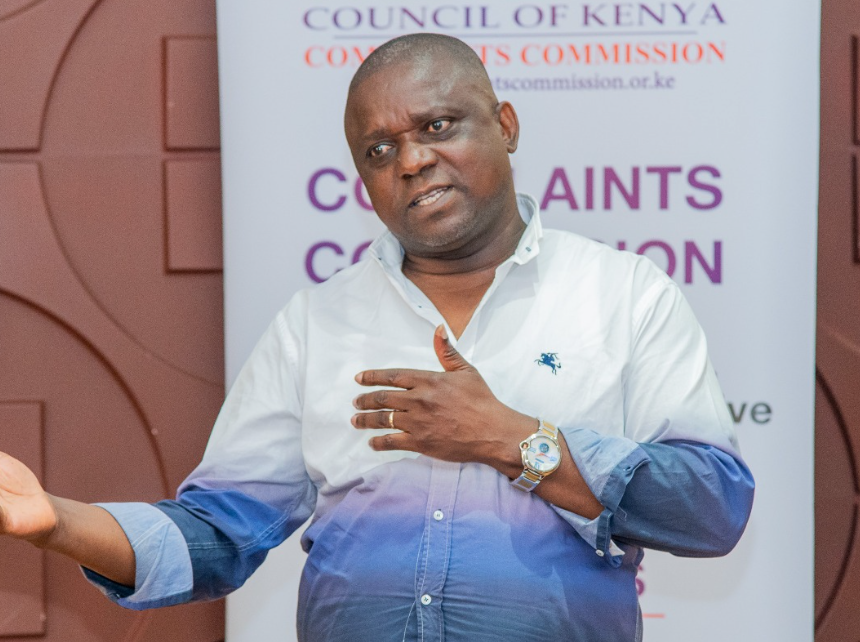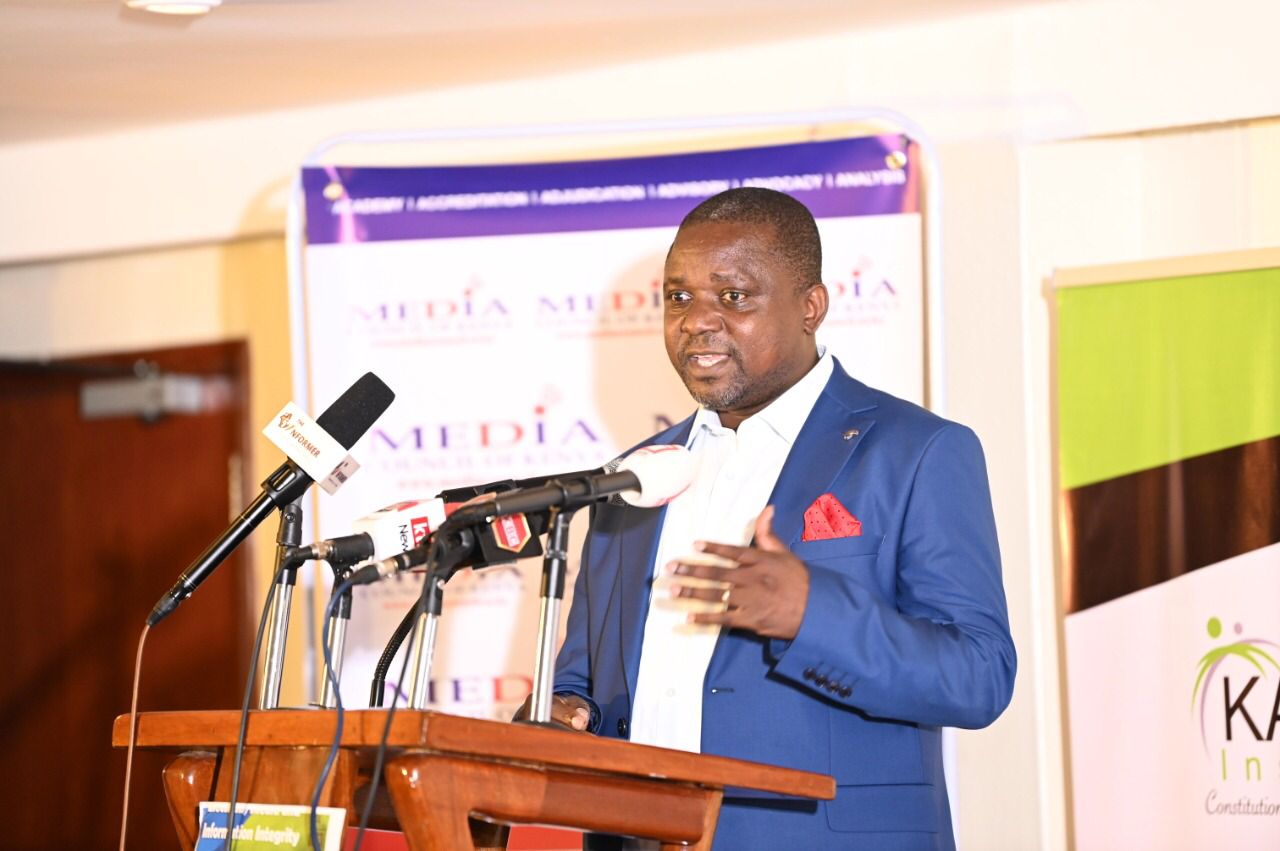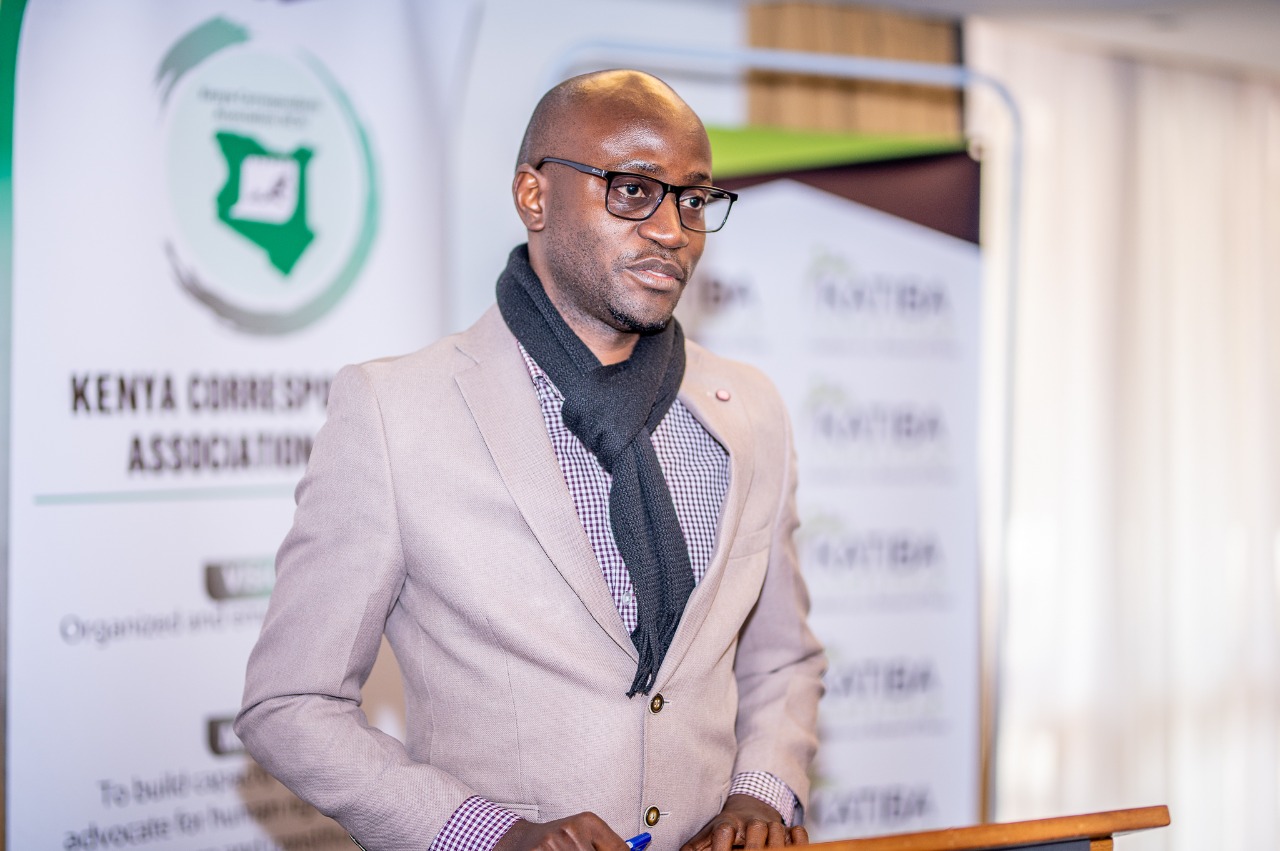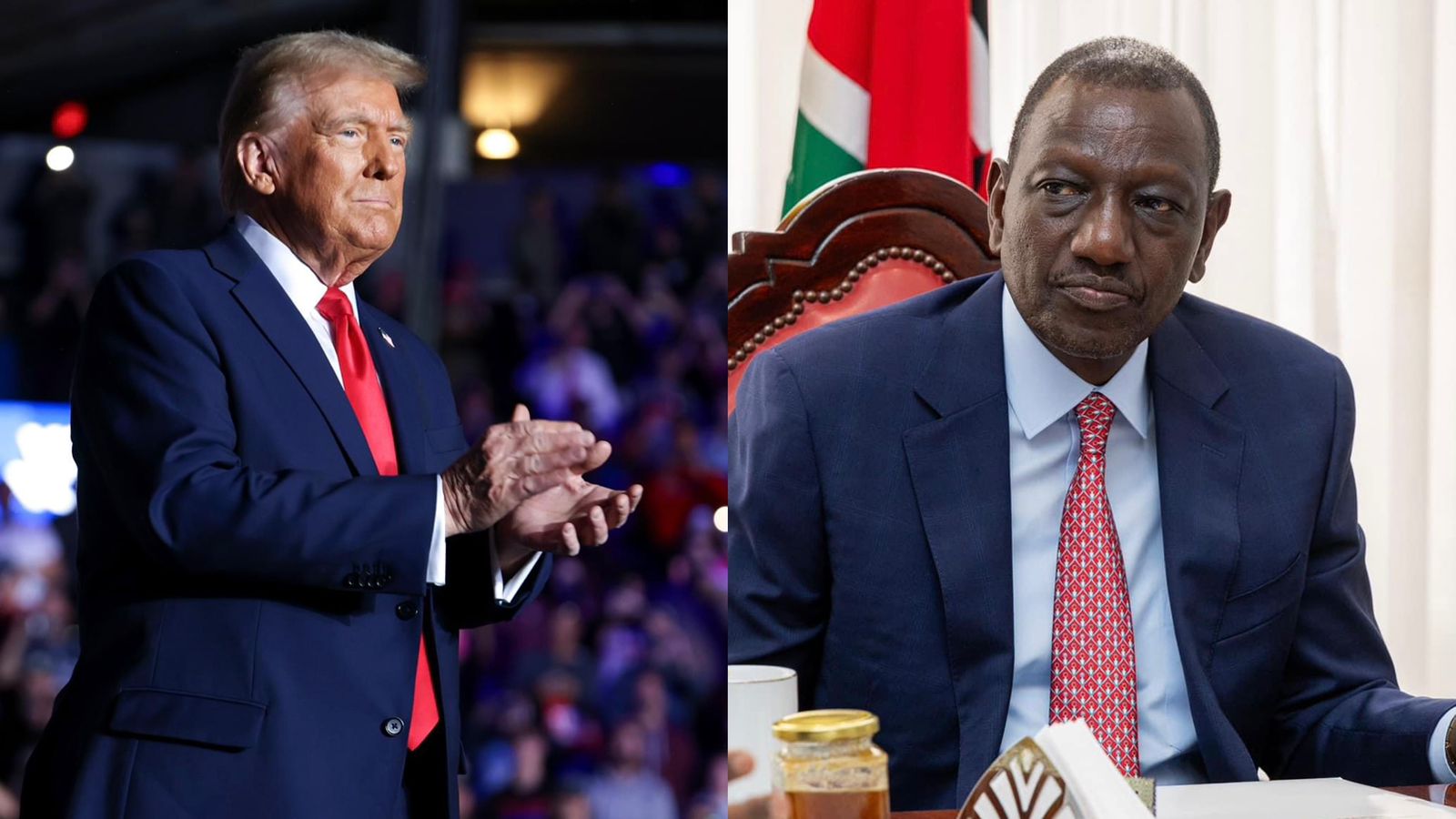By Victor Bwire
The demand for information integrity and responsible production and consumption of content across traditional media and digital platforms is central to global discussions, especially in light of harmful content like hate speech, disinformation, and foreign information manipulation.
Citizens need access to high-quality, useful information to make informed decisions in economic, social, and democratic spheres. Protecting freedom of expression remains essential to upholding human rights. Media platforms, both traditional and digital, are key sources of information in both public and private domains, providing insights crucial for citizen engagement in governance and democratic processes.
To truly support citizens in realizing their rights, information must be accurate, timely, and accessible amid the overwhelming flow of data, which often creates more noise than clarity.
Today’s information systems are increasingly compromised by disinformation, misinformation, and foreign manipulation. Digital platforms, in particular, have become the main arena where information pollution is pervasive, and they must also become focal points for efforts to ensure information integrity, accountability, and responsible influence.
Read More
Misinformation and disinformation related to elections, vaccines, climate change, national development, innovation, global economics, democracy, and health have become significant threats. While the media plays a vital role in amplifying freedom of expression and providing access to information, studies indicate that it can also enable harmful activities like terrorism, foreign information manipulation, and disinformation campaigns. As a result, many governments are implementing laws and administrative codes aimed at regulating freedom of expression, particularly in digital media, by criminalising false news and controlling cyber activities under national security frameworks.
In response to the global need to clean up the information space without infringing on the fundamental right to freedom of expression, the UN has established the Global Principles for Information Integrity. These principles envision a future where power imbalances are reduced, and no single group—especially technology companies concentrated in specific countries—monopolises control over global information flows.

The principles advocate for a robust and responsive information ecosystem that guarantees choice, freedom, privacy, and safety for all. This would allow individuals to freely express themselves and make informed, independent decisions. Addressing harmful content, including misinformation, requires a broad, society-wide approach that protects civil liberties, guards against human rights violations, and empowers citizens to benefit from new technologies like AI.
The UN’s Global Principles emphasise strengthening community and citizen resilience rather than criminalising stakeholders in the information ecosystem. Interventions like media and digital literacy are essential to empower global citizens to become responsible consumers, producers, and disseminators of information—a pressing global priority.
The five principles highlight the need for public confidence in information accuracy, societal resilience against disruption or manipulation, business models that support human rights and information integrity, media viability with an independent and pluralistic press, and greater transparency in data access to support evidence-based approaches to information integrity.
While the Pact for the Future does not explicitly mention information integrity, it emphasises its importance, which is further elaborated in the Global Digital Compact (GDC). The GDC, endorsed by UN Member States at the Summit of the Future, outlines actions for enhancing digital safety, increasing tech company accountability, and addressing disinformation and online harms to make digital spaces safer for all.
Victor Bwire is the Director of Media Training and Development at the Media Council of Kenya.



-1726720406.jpg)




-1700476031.jpg)
-1730900214.jpg)
